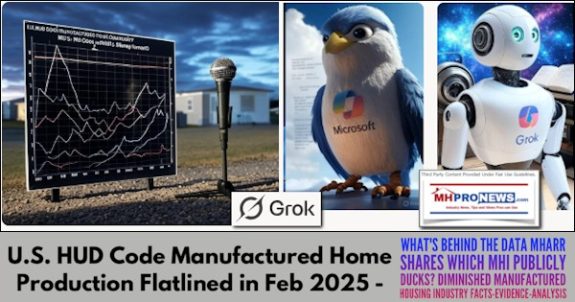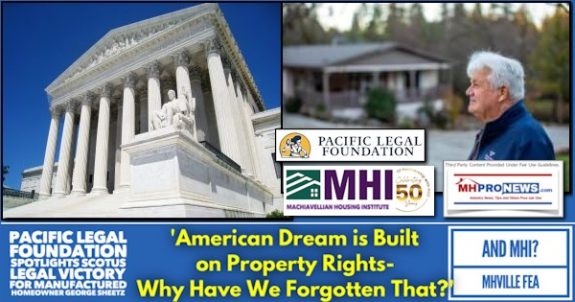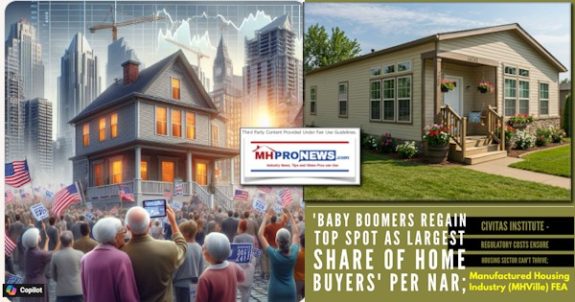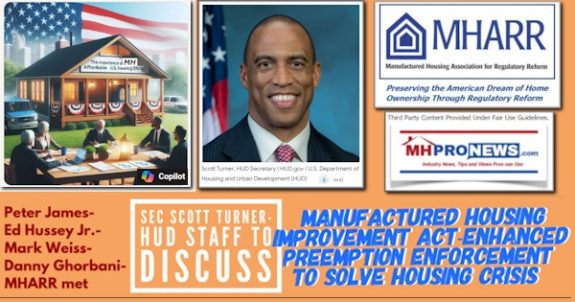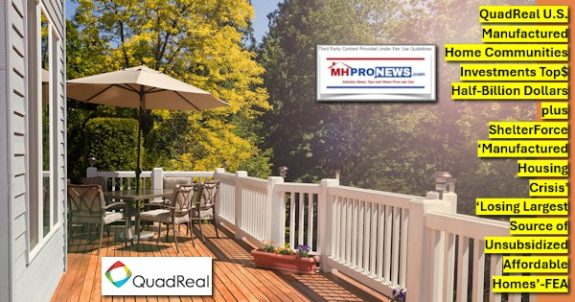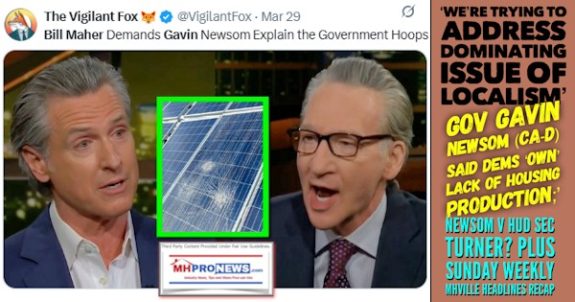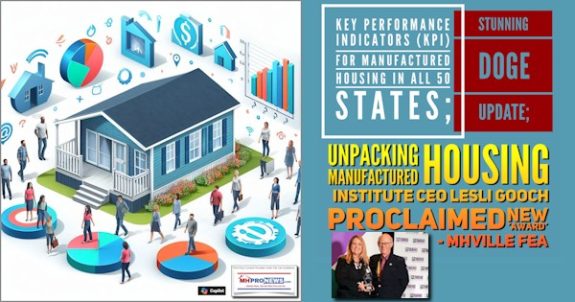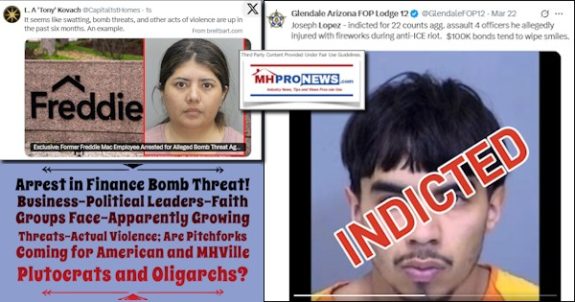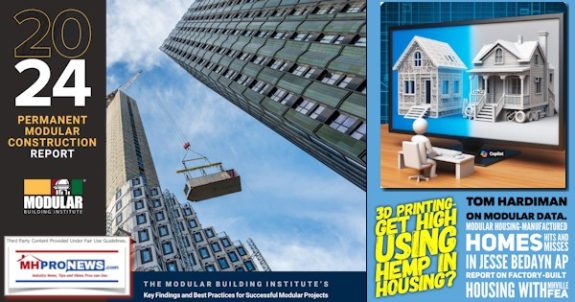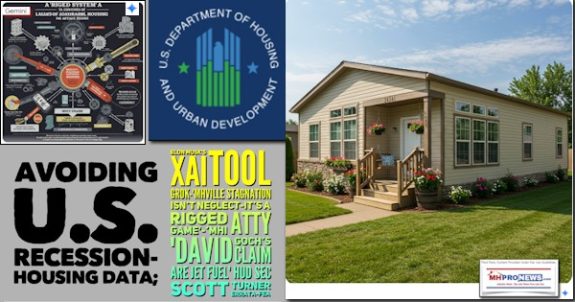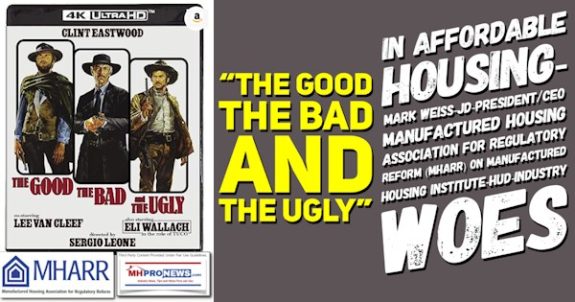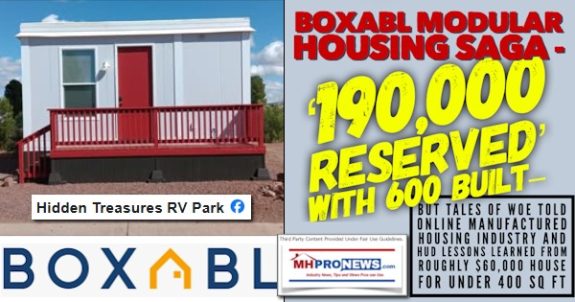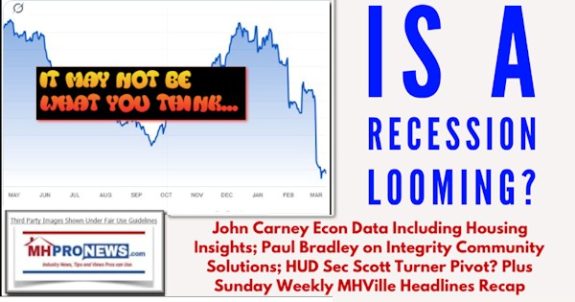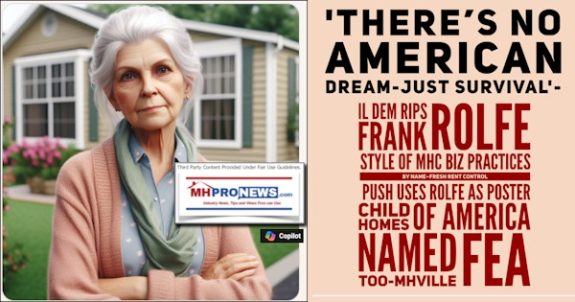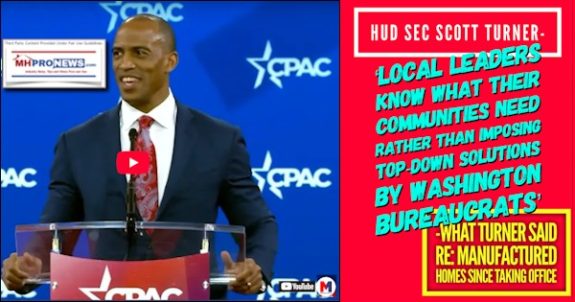Manufactured Housing Finance Relief Legislation Unveiled
MHI Praises Efforts to Preserve Financing for the Purchase of Affordable Manufactured Housing
(Arlington, VA – February 1, 2012) – During a hearing of the Financial Services Subcommittee on Insurance, Housing and Community Opportunity evaluating the effectiveness to which the Department of Housing and Urban Development (HUD) has implemented key provisions of the Manufactured Housing Improvement Act of 2000, Rep. Gary Miller (R-CA) formally unveiled legislation (H.R. 3849) to reduce regulatory burdens impeding access to affordable manufactured housing financing.
In detailing challenges facing the manufactured housing industry, Congressman Miller cited a number of difficulties the industry has suffered over the past decade, including: a decline in new manufactured home construction of roughly 80 percent; the closure of more than 160 plants; and the loss of over 200,000 jobs. He specified that “Congress must address the problems with regulatory overreach that impedes the ability of consumers to obtain mortgage financing for manufactured homes.”
The bill (titled the Preserving Access to Manufactured Housing Act) was developed on a bipartisan basis by Reps. Joe Donnelly (D-IN), Stephen Fincher (R-TN) and Gary Miller, in consultation with the Manufactured Housing Institute (MHI), to address two significant issues impacting the manufactured housing industry:
- Reducing the threshold by which small balance manufactured home personal property loans are considered High-Cost Mortgage Loans under provisions within the Dodd-Frank Wall Street Reform and Consumer Protection Act (P.L. 111-203) and thereby subject to punitive and onerous liabilities.
- Clarifying that those selling manufactured homes—who are not fundamentally engaged in the business of mortgage origination —are not to be considered mortgage originators under the federal SAFE Act and thereby better able to provide adequate technical assistance to consumers throughout the manufactured home buying process—similar to the SAFE Act treatment of real estate brokers.
Upon introduction of the legislation, MHI Chairman and Cavco Industries Chairman and CEO Joe Stegmayer stated “we are truly grateful for the dedicated leadership and work of Representatives Joe Donnelly, Stephen Fincher and Gary Miller on this very important issue. Serving the financing needs of the manufactured housing market has always been a unique challenge. It has grown more challenging by the establishment of new federal guidelines that do not adequately account for the complexities and realities facing the industry and consumers alike. The legislation is an essential step in preserving the affordability advantage of manufactured housing and protecting the equity that 19 million existing manufactured home residents have built in their homes.”
During the hearing, several members of the subcommittee reaffirmed the important role manufactured housing plays as an affordable, high quality housing source and the need for improved access to financing, including Rep. Robert Hurt (R-VA) who stated that the manufactured housing industry has been “hindered by a lack of financing availability.” Rep. Sean Duffy (R-WI) highlighted the valuable role manufactured housing plays as an “important source of affordable housing” that is “threatened by a lack of financing options.”
In his testimony, Cavco Industries Director of Engineering Manuel Santana, P.E. – testifying on behalf of MHI – reinforced these points and stated that “the single most important issue impacting the manufactured housing market remains the availability of accessible and affordable financing for those seeking to purchase manufactured housing.” Mr. Santana added that “lack of a viable secondary market for manufactured home loans coupled with growing regulatory burdens threaten to further constrict the limited financing options that currently exist within the manufactured housing market.”
MHI will continue to work on a bipartisan basis to educate Members of Congress and develop solutions to the financing crisis within the manufactured housing market. For a copy of the legislation, visit http://thomas.loc.gov/ A description of the bill’s impact on SAFE Act and the Dodd-Frank Act is available at http://www.manufacturedhousing.org/
MHI is the preeminent national trade association for the manufactured and modular housing industries, representing all segments of the industry before Congress and the Federal government. From its Washington, D.C. area headquarters, MHI actively works to promote fair laws and regulation that will help provide quality, affordable housing for homebuyers. For more information on MHI, visit www.manufacturedhousing.org.











